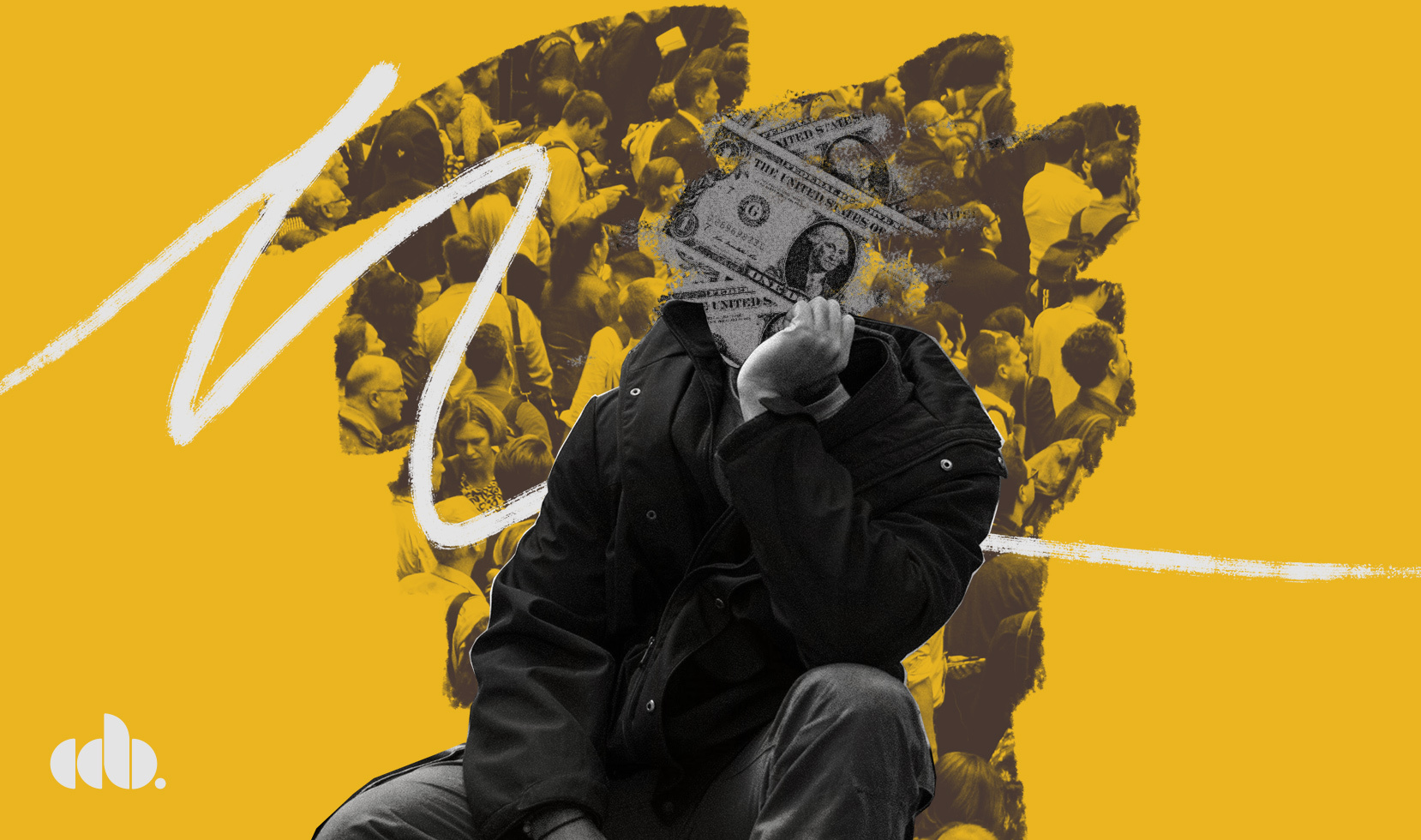
Whether you’ve been touring for years or just starting out and trying to book your first gig, working with a talent buyer has many benefits.
What is a talent buyer?
A talent buyer is someone who hires musicians to play concerts at the venue(s) they represent.
They can also work as a middle man when you negotiate the money you earn for your performance. As with any deal, there’s an art to negotiating with show bookers and venues to make sure you earn the most money possible from your show.
Here are some things to research and keep in mind before booking your next gig:
Know the market and the venue
A lot of bigger venues in large markets pay the same amount to every band. If the standard is $100 per person plus tips, then that’s the cap and there’s little wiggle room for negotiation.
Many venues know they’re going to be crowded no matter what, and the attendees aren’t necessarily there just to see you. Sometimes people are just at a show for live music and some drinks.
Know if the show is a ticketed event
If it is a ticketed event, is the pay “X” amount versus the door? Do you get the full door price? Is it a guarantee versus the door?
With many ticketed events, venues will make a deal where the band needs a certain amount of people to attend before unlocking some portion of the revenue.
Know if it’s a private gig
Most private gigs should cost more money, because they’re paying for a specific service. Unless you’re doing a favor for somebody, you should ask for more for a private gig than you would for a normal show. Sometimes it’s a well-funded company, local government, church, or arts organization who’ll hire you. Other times it’s a wedding or anniversary celebration.
No matter, you should earn what you’re worth! Private gigs usually require you to bring your own PA equipment and do much more of the legwork yourself, so the fee you charge for private events should be higher.
Know how many artists are competing for the same gig
If you’re in a place where it’s a hotspot all the time and the bands just want to play there, you probably won’t have much negotiating power. If the venue has its pick of bands to fill slots, they hold all the bargaining chips and might just move on if you ask for too much.
Know the room and know the market that you’re playing and find out what other musicians are making in the area.
Know your rate
Sometimes a buyer or venue will ask what your rate is. So after doing your research, be prepared with a number just in case. This will give the buyer a sense of what you’re asking for.
What exactly is a fair rate for you? That depends on various factors, such as whether you’re on tour and need to put gas in the van and eat, or if you can settle for a bit less and secure a gig over an artist asking for more.
Be efficient and decisive
After you decide your rate, the best way to inform the buyer or venue owner is to be efficient and decisive.
A good rule is to say in the same breath, “This is my rate. Is that in your budget?” Doing this both states your worth and keeps it an open question for negotiation.
For more advice on booking gigs and working with a talent buyer, watch or listen to this episode of the DIY Musician Podcast: